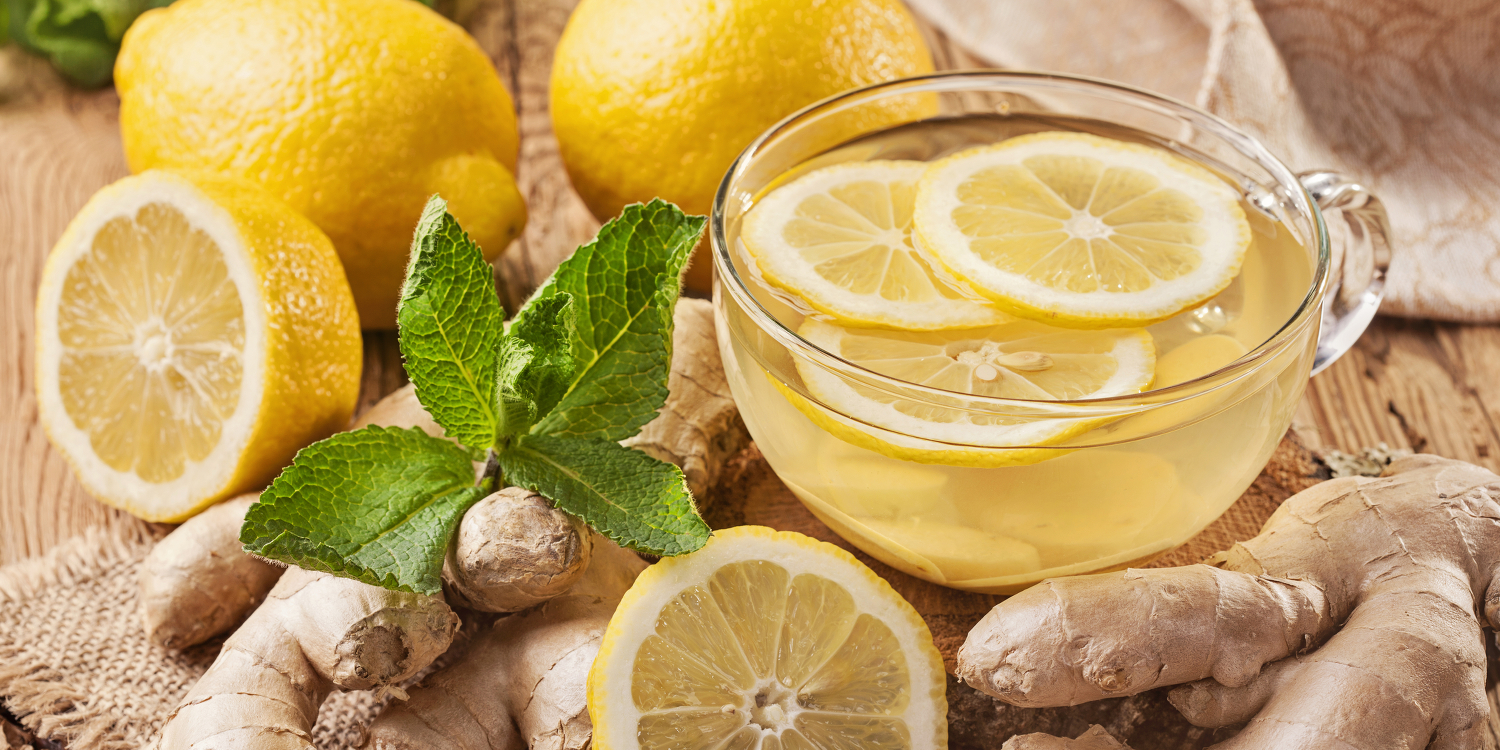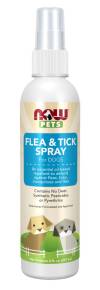Ease Digestion with Bitters and Aromatics
Many digestive woes including indigestion, reduced enzymes and stomach acid, constipation, irritable bowel syndrome (IBS), and difficulty digesting certain foods like fat are remedied with classic bitter and aromatic digestive tonics.
Try bitter-tasting herbs like artichoke leaf, citrus peel, and dandelion as well as carminative spices including ginger and turmeric.
Classic “bitters” formulas incorporating a combination of these ingredients can be sipped just before or after a meal.
Although digestive enzyme supplements can help, herbs may be even more effective because they reinvigorate the body’s natural production of enzymes.
A spoonful of bitters or unpasteurized apple cider vinegar can help ease most cases of reflux and heartburn, more often caused by weak digestive function than too much acid.
Relax for Better Digestion
Stress puts our digestive system into lockdown. Sip calming digestive teas like chamomile or lemon balm for relief.
Tension in the structure of the GI tract can lead to spasms that aggravate pain, gas, and bloating. Peppermint, fennel, and anise act quickly and taste great.
Enteric-coated peppermint essential oil capsules deliver potent medicine right to the lower GI, while chewing fennel seeds works in a pinch.
Heal your Digestive Tract with Nutrients and Herbs
Poor food choices and NSAID pain relievers gradually inflame and break down the lining of the GI tract, causing painful damage.
Dietary changes including increasing greens and vegetables, fiber, and water, eating smaller meals, and not eating for several hours before bedtime, can help.
Healing herbs can too. Try licorice (the DGL form avoids side effects and drug interactions), slippery elm, or marshmallow root to relieve symptoms.
In almost all cases, digestive herbs work better if you taste them. Opt for teas, liquid extracts, cordials and elixirs, powders, or adding herbs to food. You may notice immediate improvements, but give yourself two months for the effects to build.





